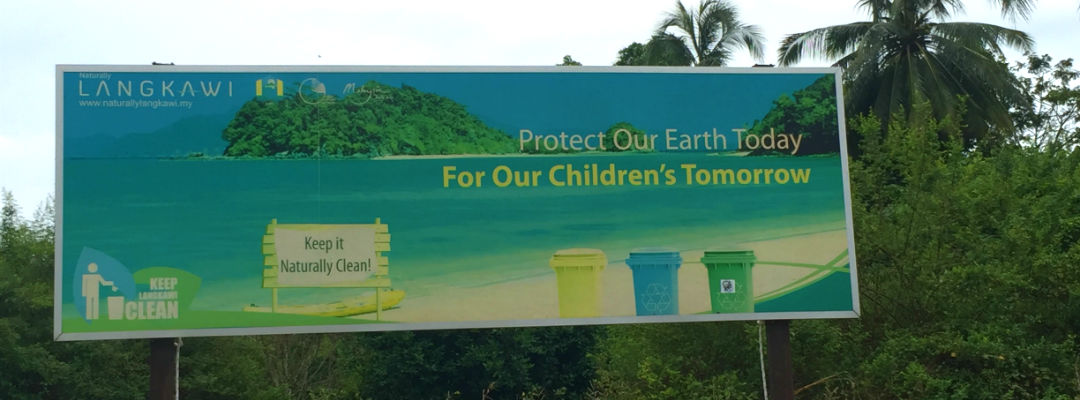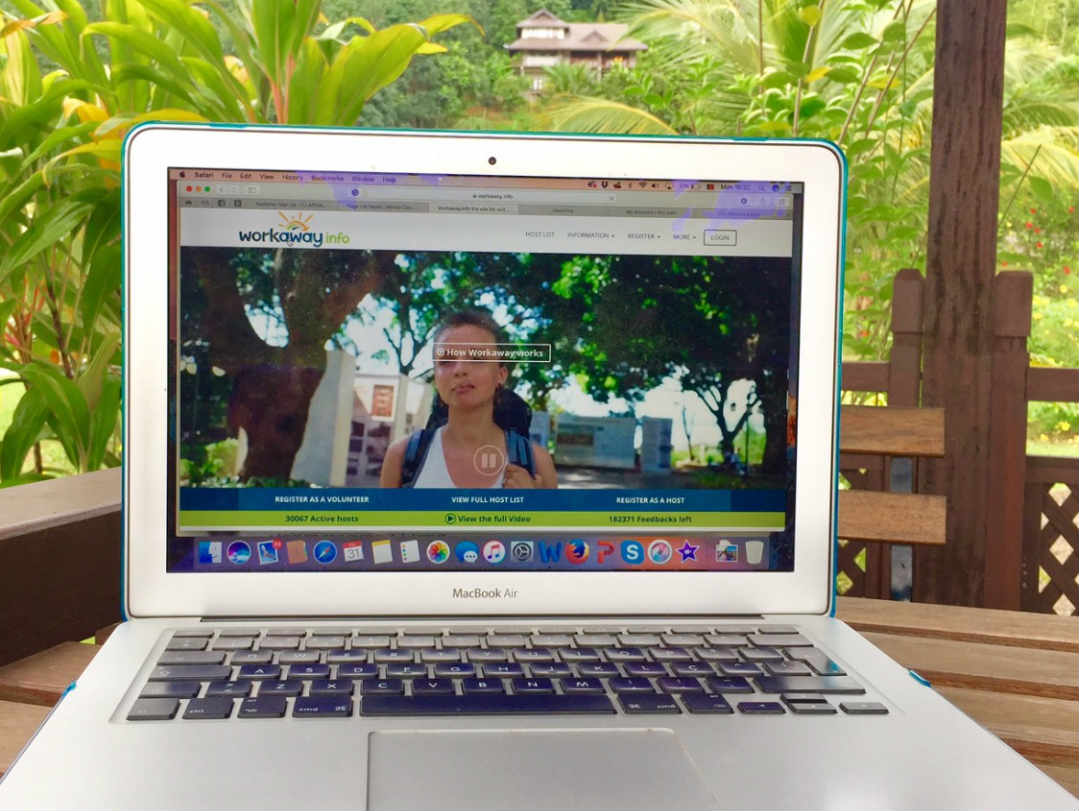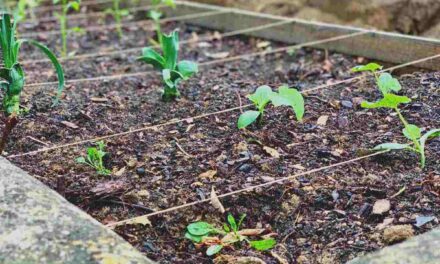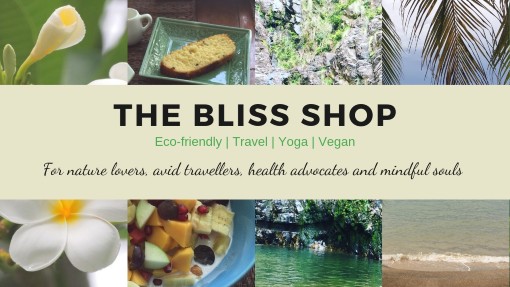The basis of being an ecologically conscious traveller is to respect the environment and the local communities which welcome us.
This blog exists because James and I share the passion for travelling and the desire to share our take on how to be ecologically conscious travellers.
Are you an eco-conscious traveller?
We put together a list of 10 ways to be an ecologically conscious traveller to give you some tips, but before we start, let us just highlight the definition of ecotourism, presented by The International Ecotourism Society:
“Ecotourism is now defined as “responsible travel to natural areas that conserves the environment, sustains the well-being of the local people and involves interpretation and education…”
Feel free to add more tips in the comments at the end of this post. We are always looking for new ideas.
Being an ecologically conscious traveller
This is an underlining travelling attitude as ecologically conscious traveller.
1 – Travel light

If you are using a mean of transportation that runs on fossil fuel, such as aeroplanes, buses, minivans or cars, the more weight you carry, the more fuel is required, thus the larger your carbon footprint will be.
Our advice for an eco-vacation is to take the essentially necessary clothes, shoes and medicine and buy locally any last minute needed item.
If you are going to a tropical country check out our Packing list tips for a tropical island vacation.
2 – Choose eco-friendly accommodations

The first alternative that may come to mind is camping, however, not everybody is comfortable with the idea of spending the night in a tent. If you are one of those people, there is always the possibility to choose accommodations that operate with ecological awareness.
Eco-friendly accommodations are usually certified as such. When booking your next stay, you can look for one of the symbols used worldwide.
“We have to prove to the disinherited majority of the world that ecology and conservation will not work against their interest but will bring an improvement in their lives.”
3 – Use ecological transportation

Depending on where you go, you will need to choose the most appropriate mean of transportation for what you want to do and where you want to go. The most ecological way to move around is to use the good old legs! If walking is an option, go for it. Besides being ecological, walking is good for your health and you have the opportunity to explore in a much more involving way. This is always our preferred way to explore, especially in cities and little towns.
Bicycles, or even its electric version, are also a good ecological alternative. To be absolutely honest, this is not an option we usually use, as we always prefer to walk, but nowadays we are looking more into it.
Although buses and minivans are normally polluting, in some western countries buses start to be electric, but even if they are not, at least you will be reducing your carbon footprint by diminishing (by sharing), the amount of pollution.
Scooters or low power motorcycles are a fun and less polluting way to explore places, especially in Southeast Asia. Again, in some places, you can rent electric version, though usually at higher prices.
I am going to include in this list using services like Uber, or Grab, because although the actual transportation is made by car, we have noticed an increasing tendency in the use of electric cars for this purpose. Besides, you will be helping the local economy.
If renting a car is your only option, then we suggest using RentalCars, which incorporates offers from the main rental car companies in the world. In this case, look for economic cars as it usually translates into more efficient, thus less polluting and more ecological options.
4 – Look for ecological leisure activities

Being ecologically conscious travellers includes choosing carefully which activities to engage in. For example, going around in a noisy jet sky, 4×4 off-road motorbikes or boats with powerful engines that pollute the environment with both CO2 emissions and noise are definitely not ecological choices.
There are so many other alternatives to explore our beautiful Mother Earth without harming it. Here are only but a few examples: trekking, rock climbing, canoeing, canyoning, river rafting, kayaking, surf, wind-surf, kite-surfing, body-board, stand-up paddle, sliding (zip-lining), bird-watching, whale or dolphin watching, just to name a few.
Attention to activities that may seem harmless at a first glance, such as diving, snorkelling and other activities that involve entering the habitat of fauna and flora. Make sure that the activities you choose are controlled and not overly populated.
5 – Recycle your waste

At home we recycle everything. Paper, metal and glass, all get separated at the moment we dispose of them. Organic waste goes to the regular garbage, although we are considering setting up a compost box once we slow down our travels and have the opportunity to create our own small organic garden. A few times a week we take the previously separated waste to the respective municipal containers, which will then be transported to the recycling plants.
We try to keep this attitude when we travel, however, unfortunately, many countries do not offer the possibility of recycling, either due to lack of information, infrastructure, political interest or all of the above.
In any case, we always look for the possibility of recycling.
Tins, water bottles and plastic bags are the largest problems left behind by tourists.
Just read this article to understand how critical the situation is.
6 – Use reusable bags

In some countries it is shocking the amount of plastic bags used on a daily basis and worse of all is the amount of bags that you see on the streets and beaches. If you read the suggested article above, you will understand the seriousness of the situation.
Whether at home or travelling, we always carry at least one recycled bag and if we do have plastic bags, we take them with us when we go shopping in order to reuse them as well.
7 – Eliminate (or reduce) plastic water bottle usage
This can be more difficult to control, especially when travelling in the tropics, where you should be consuming more water than usual.
We have found a couple of ways to contribute to less bottle usage in these cases. One is to boil water in the hotel, let it cool and put it in an eco-bottle and the second is to drink coconut water (not from a pack!), which according to health experts hydrates more than water.
We suggest reading our posts about Our mission as promoters of eco-conscious travelling for a glance at the consequences of excessive water bottle use.
8 – Eat local food

Often after a few days, westerners start looking for western food and western restaurant brands. Instead, by keeping your food and restaurant choices local you will be contributing to the local economy and helping the environment by avoiding consumption of food that needs to be flown in from other countries (think carbon footprint!).
Try new flavours. You might just discover new delicacies that will expand your taste buds.
9 – Buy local handicraft as gifts

If you have the habit of taking souvenirs from your travels to offer to family and friends, make sure you buy locally produced articles, but be attentive not to fall into deception. I have come across situations when the typically local souvenirs were actually made in a different country.
10 – Engage in volunteer work. In Southeast Asia try a day with the Trash Heroes.
If you plan to go somewhere and stay for more than just a couple of days you may want to look into doing some volunteer work. It is a great opportunity to contribute to the local environment. If you are going to Southeast Asia check out the Trash Heroes (video above). They are doing a wonderful job of cleaning up and teaching local communities and children to keep the environment clean.
You can also look for teaching opportunities, get involved in organic farming, permaculture or other ecologically meaningful projects. We use Workaway for finding volunteer work. It can be a truly rewarding win-win experience.
If you have any additional ideas please leave your suggestions in the comments below and we will be happy to amend this article and give you due credit. We are always learning new ways to improve.
We hope you enjoyed our tips on how to be an ecologically conscious traveller.
We chose to look at alternative ways of enjoying our beautiful Mother Earth, with ecological consciousness, respect for local communities and the environment. We encourage you to do the same and contribute to making a difference to our hurting environment.
The earth is our home and it is up to us, individually, to keep it neat, tidy and healthy.
Happy travels!
Luciana and James
P.S – Have you booked your next trip yet? Check out our travel resources page for the best deals on flights, accommodation, travel insurance, car rentals, tours and anything you need for a memorable vacation.
Reading Suggestion for Environmental Awareness
Check out what carbon footprint you are leaving behind in your daily life in the book by author Mike Bers-Lee How Bad Are Bananas?.
From everyday situations to global impact issues this book may challenge your beliefs about green living.
Read it and let us know what you thought about it.















Hi there, I'm Luciana,
If you are looking to improve your mindset, boost your self-confidence and vitality, raise your vibration, AND you are yoga-curious, you have landed in the right place!
I am The Midlife Bliss coach and yoga teacher, passionate about empowering women in midlife.
Sign up for updates on my new articles, videos, yoga and coaching offers, AND retreats to sunny Portugal!
You are in! Juicy content is on its way.
We respect your privacy, so no spamming and your information will be kept sacretly confidential.